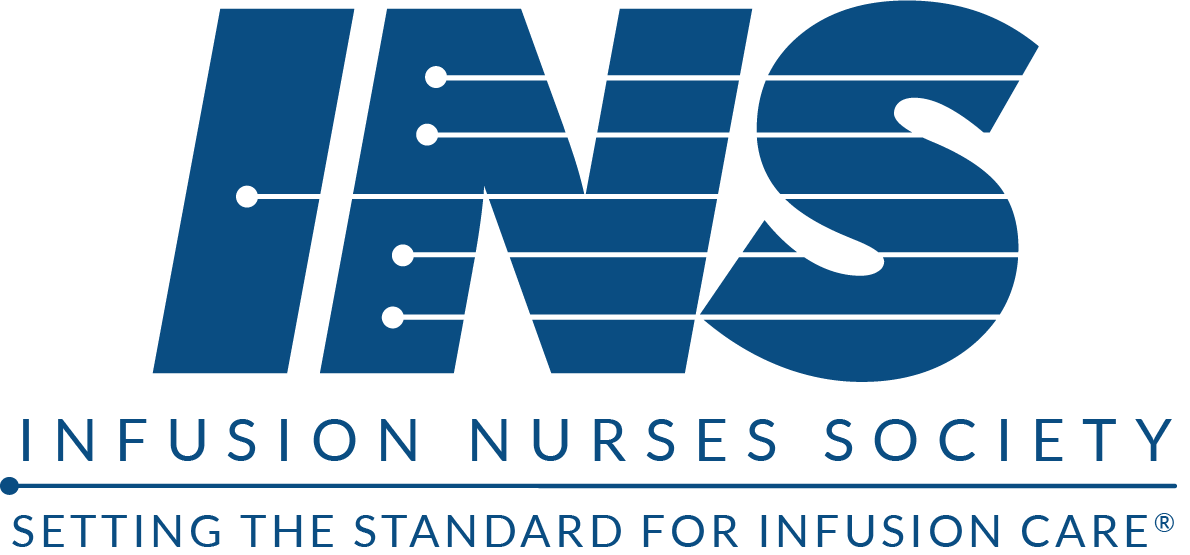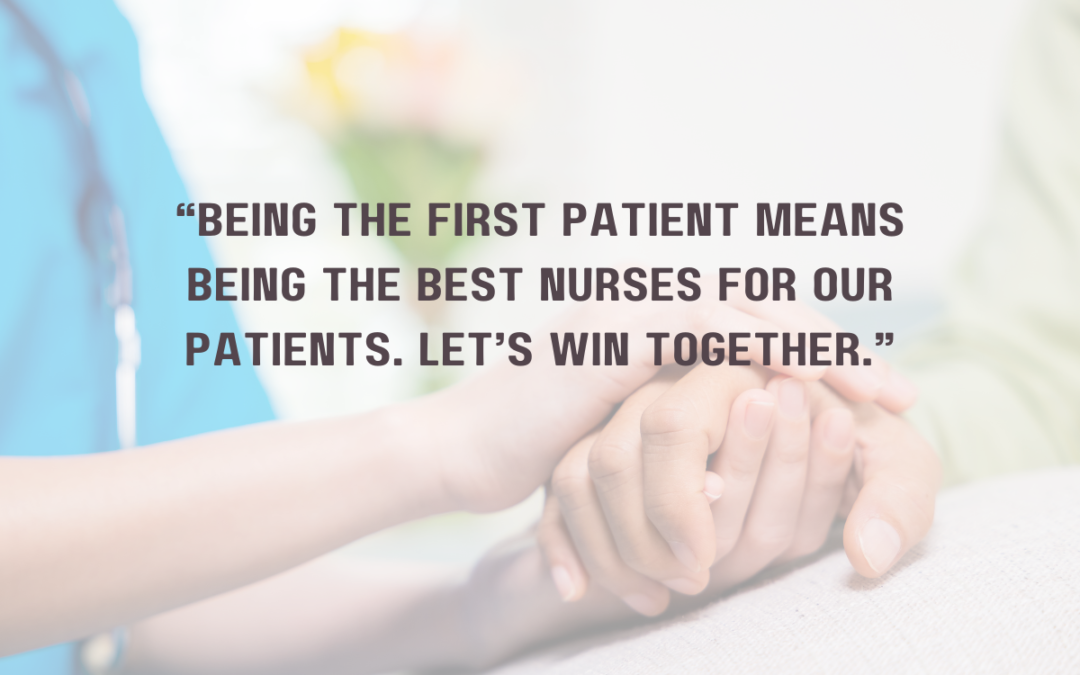Holistic nursing is a comprehensive approach to health care that considers the whole person, including their physical, mental, emotional, social, and spiritual well-being. It emphasizes the connection between mind, body, and spirit and aims to promote overall health and wellness rather than just treating specific symptoms or illnesses. The philosophy behind holistic care is based on the idea of holism, which emphasizes that for human beings, the whole is greater than the sum of its parts and that mind and spirit affect the body, as reported in the study by Sanjari et al.1
I think we miss the mark in holistic care when we fail to apply the principles of holistic nursing to how we care for ourselves as nurses being the first patient.
As nurses, we, too, may be battling with illness physically and mentally and yet, we focus on putting our patients first. When we are on a flight that is experiencing major turbulence with a drop in oxygen and the mask falls down, we are told to put our mask on first before trying to assist another, even our own child. When you really think about this, we, as nurses, totally ignore ourselves, including our health, because we feel that serving others is what matters.
Well, I’m here to wake you up and put a mirror to the behavior in hopes that you will see just how valuable you are. I need you to be in the best health physically, spiritually, and mentally, so you can come to the battlefield ready to fight and protect your patients, holistically caring for yourself first as the first patient. Check in with yourself first before you start your shift: have you eaten today, have you used the restroom today, how do you feel in this moment? Take the time to take care of yourself because you are so worth it. I often say, listen to the pings in your body. You know that feeling of a bladder so full that you feel the pings of your kidneys in your back area; that’s your body trying to tell you to stop and go the restroom. Tune into you. I first experienced the diagnosis of a urinary tract infection (UTI) when I became a nurse. It was so sad because the seasoned nurses on my unit told me, “Oh, don’t worry; that will be the first of many” (facepalm). I knew then that I would be the nurse who would shift the thinking in health care and vowed to not only take care of myself but to also ensure that those under my management would be acknowledged and allowed time to care for themselves; it’s just that important to me. Your health truly matters to me. At work, I do a check-in at the start of every meeting to see if what you say about how you feel matches your facial expression. That’s just how much I care and want my team to know that I truly see you and value you.
Get yourself an accountability nurse partner who will help you be accountable to your health. My health partner and I get our mammograms each year around the same time, and if I become too busy to make an appointment, my health accountability partner will give me gentle reminders until it’s done, then celebrate with me upon completion, and vice versa. Just as we celebrate our patients at each milestone, we need that same type of celebration and support to care for ourselves so that we may be the best health care providers for our patients.
Purdue Global, in their article, “The Importance of Self-Care for Nurses and How to Put a Plan in Place,”2 reported that during the pandemic, 70% of the nurses surveyed by HealthyNurse® said they put the health, safety, and wellness of their patients before their own. Unsurprisingly, during the pandemic, large numbers of nurses reported feeling down, sad, and depressed.
To date, nurses continue to put themselves last. If you don’t believe me, survey yourself and a few colleagues to assess if you have taken time to care for yourself.
Let’s use holistic nursing as a lighthouse to focus the light on ourselves as the first patient.
Here are a few principles of holistic nursing that I want you to incorporate into your work life as the first patient:
1. Locate a nurse on your unit or a friend who can become your accountability partner.
2. Establish 3 daily goals that incorporate physical, emotional, and spiritual aspects (eg, mental clarity, peace, your blood pressure within acceptable parameters).
3. Incorporate complementary therapies, such as aromatherapy, massage, meditation, and yoga, alongside conventional medical treatments. (Commit to making it a monthly goal to incorporate one of these therapies; schedule your annual physical, eye exam, and applicable screenings, ie, mammogram, prostate screening, pap smear, etc.)

Call to Action:
Make Self-Care for Nurses a priority.
1. Mindfulness and Meditation: Practicing mindfulness techniques and meditation to reduce stress and improve mental clarity. (Deep breathing sends a message to the brain to calm down and relax, which can lower stress hormones and increase feelings of calm. Deep breathing only takes 1 minute to take about 10 deep breaths). You are most certainly worth taking 1 minute to deep breathe especially during stressful moments of your shift.
2. Physical Health: Engaging in regular physical activity like walking, dancing, or swimming, and posting daily on your social media page using hashtags #nursefirst #nursehealth #nursesmatter to tell other nurses what you are doing as a nurse to care for your physical health. Let social media be your platform for bringing light to nursing self-care.
3. Emotional Health: Seeking support from peers, mentors, or professional counselors, and engaging in activities that promote joy and relaxation. Use your Employee Assistance Program (EAP) benefits. Reach out to your human resources (HR) department to learn more. Don’t let your EAP benefits go to waste.
4. Spiritual Health: Connecting with your beliefs and values, whether through religious practices, nature, or other means of spiritual expression.
5. Work-Life Balance: Setting boundaries to ensure a healthy balance between work responsibilities and personal life. “No” is a complete sentence. Stop over-committing to shifts that put your health and well-being at risk.
By integrating these practices into your own lives, you can better manage stress, prevent burnout, and maintain a high level of personal and professional satisfaction, ultimately leading to more effective and compassionate patient care.
Being the first patient means being the best nurses for our patients. Let’s win together.
References
- Sanjari M, Shirazi F, Heidari S, Salemi S, Mehrabi T. Effective factors in providing holistic care: a qualitative study. Indian J Palliat Care. 2015;21(2):214-224. doi:10.4103/0973-1075.156506
- Purdue Global. The importance of self-care for nurses and how to put a plan in place. February 13, 2019. Updated April 27, 2023. Accessed July 23, 2024. https://www.purdueglobal.edu/blog/nursing/self-care-for-nurses/
- Tjale[MOU1] AA, Bruce J. A concept analysis of holistic nursing care in paediatric nursing. Curationis. 2007;30(4):45–52. doi:10.4102/curationis.v30i4.1116







